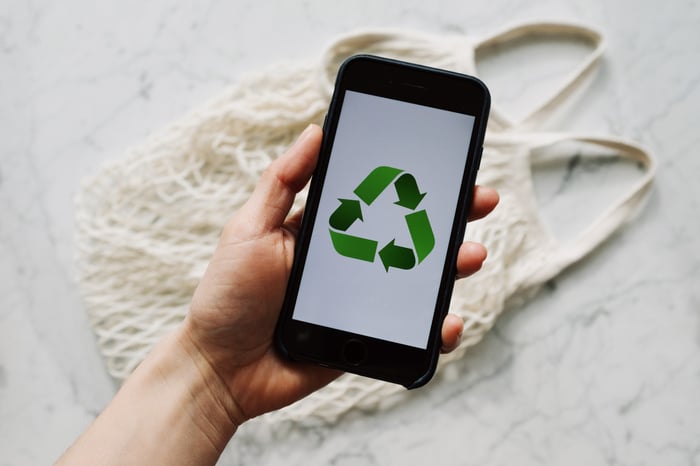
We have a responsibility to care for our planet. As our technological capacity developed and we stepped into the industrial age, we started harming the environment in many ways. In the last couple of decades, we've been able to feel the rise in global temperatures. And so, sustainable living is now becoming more than just a "choice." All of us, individually and collectively, need to ensure that our daily decisions fulfill our requirements without harming the planet.
As individuals, we can influence companies to offer sustainable options by choosing to voice our opinions and opting for greener products. As we do this, we need to be aware that many companies know of their customer's inclination towards buying green and thus tend to market their products as "green" or "environmentally-friendly" to entice people. This is called "Greenwashing".

Greenwashing
With a rise in the number of consumers opting for green products, we see a parallel increase of companies greenwashing their products and services. Greenwashing is creating an aura of being environmentally friendly. The term 'Greenwashing' was coined by a prominent environmental activist, Jay Westerveld, in the year 1980, in one of his essays. He wrote about the fact that many hotels claimed to be environment-friendly by placing a placard that says: "Save Our Planet: Every day, millions of gallons of water are used to wash towels that have only been used once. You make the choice: A towel on the rack means, 'I'll use again.' A towel on the floor means, 'Please replace.' Thank you for helping us conserve the Earth's vital resources." Westerveld stated that the intention of placing this placard was less to do with saving the environment and more to do with reducing cost. Basically, greenwashing is positioning your products to nudge customers towards the purchase of your product or service by claiming to be environmentally friendly, without making an actual effort to be environmentally friendly.

Over the years, the number of companies that offer greenwashed products has increased as manufacturers have realized that 'green' sells. To avoid being greenwashed, you need to be aware of techniques that the corporations use to attract customers with false claims of being green.
All-natural and fresh labels
You may find products with labels like "100% Natural" or being "Fresh and Natural". At the moment, there is no regulation on what can be termed as "fresh" or "natural," so companies can use the term to their advantage. Many "natural" products may contain ingredients that come from animal sources, as technically these ingredients are also a part of "nature". Some firms even use the term "fresh" to mean food that is made fresh and is then frozen for weeks or months before it reaches the customer.
Official looking logos
Many companies have also resorted to placing self-made authoritative-looking seals, like "Bio" or "100% natural", that look as if they come from a reputed source. However, the product itself may not have these qualities.
Use of green color or natural images
Many companies change their packaging to include more green color. According to the psychology of color in management, green packaging reminds consumers of nature and makes them feel that the product in question is "natural" and thus better.
Least harmful
This strategy is used by companies manufacturing products that are environmentally harmful like chemical-based pesticides, or non-renewable fuels. These products choose to market themselves as the "cleanest" or the "most" environmentally friendly option. These claims may be accurate, but if the product itself harms the environment, does it help that it's less harmful than its competitors?
Fabricated claims
Many companies market themselves as eco-friendly using terms like "CFC-Free", and the consumer is bound to think that such products are most likely "good". However, the company would've failed to mention anywhere on their marketing collaterals that chlorofluorocarbons, or CFCs, have been long banned from most countries. Such greenwashing makes customers think they are making the 'better' choice.













